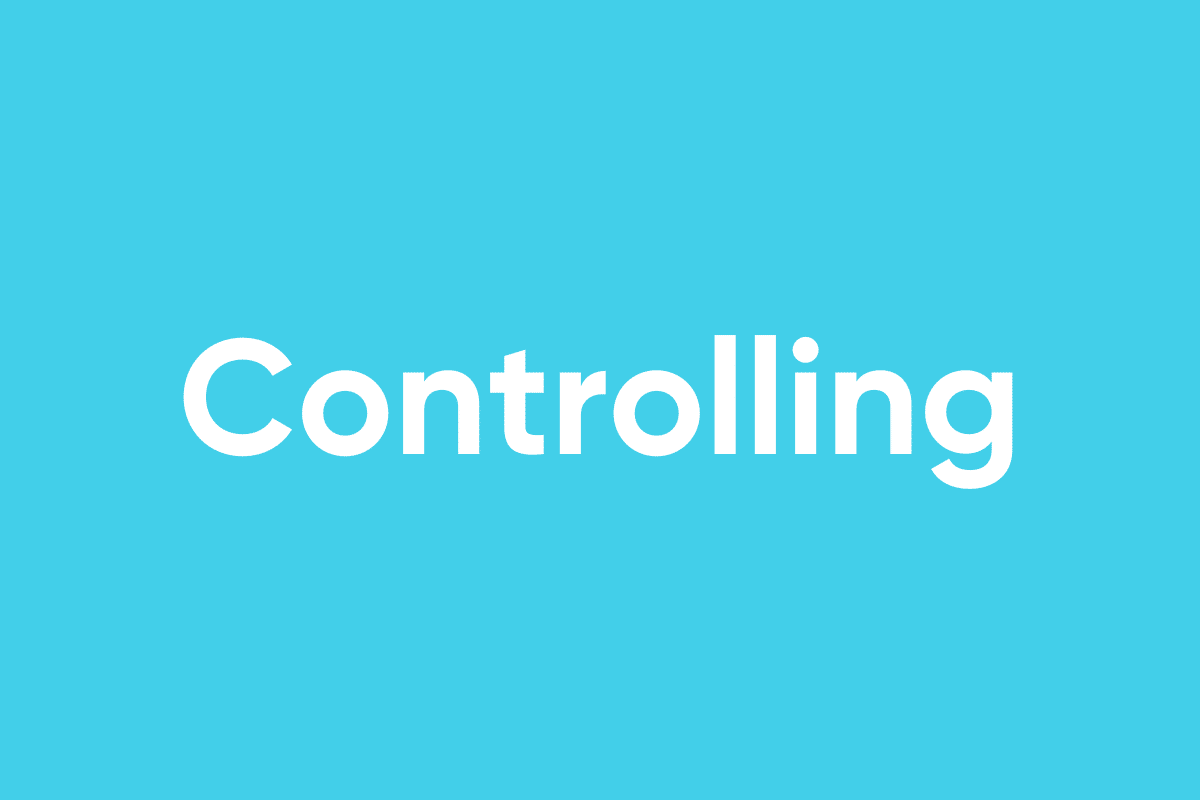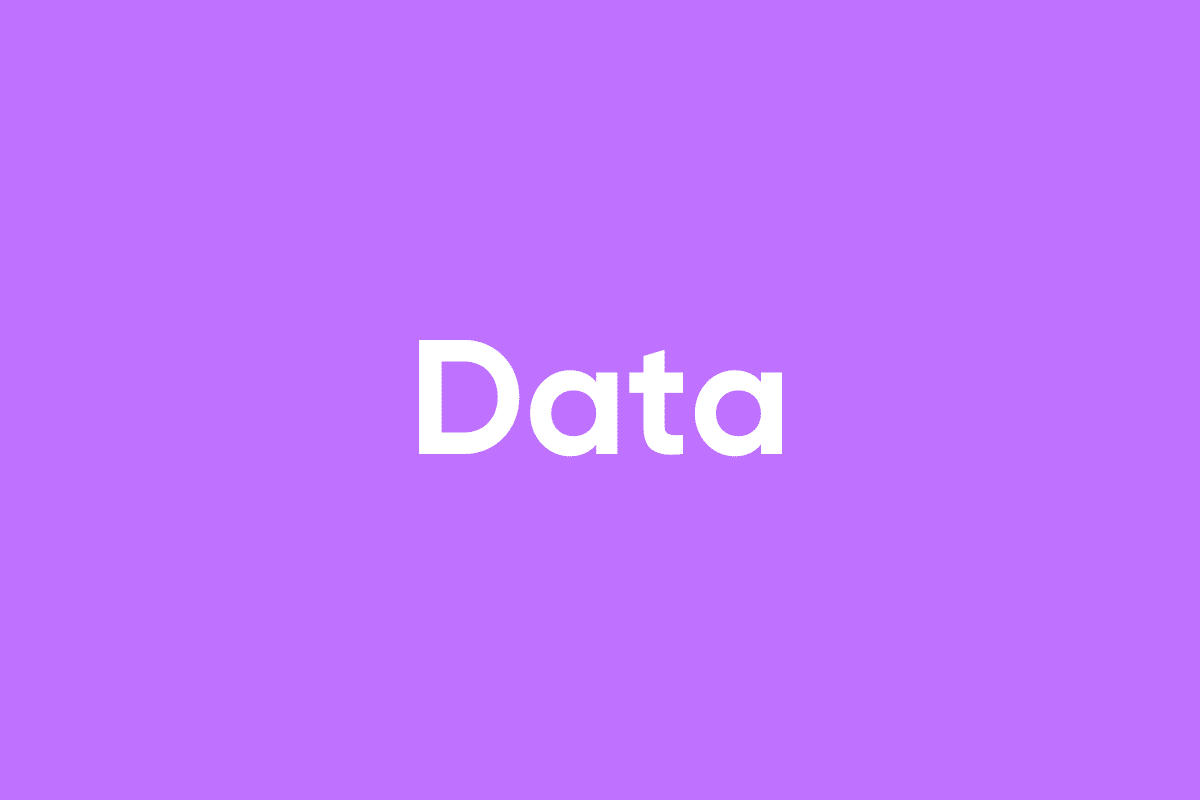1 – Consciously build and actively establish a brand
In the consumer-facing business, every product is replicable; differentiation is achieved only through a strong brand.2 – Build trust
Trust in the founders leads to trust in the brand.3 – Just start!
Choose the most relevant social media platform for you and get started.4 – Utilize your unique competencies
Define the themes you want to stand for. These topics should consistently weave through all your social media activities like a common thread.Personal branding: “You should question what you want your name to represent.”
For building a personal brand, social media platforms are more relevant than ever before. In an interview with FLEX Managing Partner Peter Waleczek, Kati Ernst, Co-Founder of ooia, reveals the key aspects of establishing a personal brand on Instagram and how one can engage followers in their daily life without becoming too personal.
Peter Waleczek: Hello Kati! I’m so glad you took the time to talk to me today about personal branding. As an entrepreneur, founder, and influencer, you not only represent your product but also various subjects such as female entrepreneurship, gender equality, and balancing work and motherhood.
This makes you a role model for many entrepreneurs who aim to build a personal brand through social media. Achieving so much in three years is truly remarkable.
In previous interviews, you’ve mentioned that right from the start, you allocated significant resources to branding. It was a 50-50 split between branding and product development. Can you explain the reasoning behind this approach?
Kati Ernst: My firm belief is that in today’s consumer-facing business landscape, every product is duplicable. If one truly intends to thrive in the market, a strong brand or patents are essential. However, the latter isn’t applicable in many domains. Therefore, it was clear to us from the outset that we needed to invest not only in an innovative and superior product but also in building the brand.
Therefore, it was clear to us from the outset that we needed to invest not only in an innovative and superior product but also in building the brand.
Was this path a conscious decision?
Kati Ernst: When we started building the company, we spent a lot of time figuring out how to persuade people to give our product a try.
Menstrual underwear was fairly new to the market in Europe, and we were aware that there would be a lot of skepticism. We realized that trust had to be one of the core elements our brand represents. As a result, we had our product quality verified through various certifications, and we also recognized that being two strong female founders was an additional asset.
We accurately represent our target audience, and as a result, we thought that trust in us would also translate to trust in the brand. So, I aimed to ensure that potential customers got to know me, as this would foster trust in the product. This is the reason why I started with Instagram. In fact, I had never used the app before. Through the stories, I have taken my followers into my everyday life as an entrepreneur from the beginning. This was very interesting for many, which resulted in high awareness. In the meantime, we have 85k followers on Instagram.
We quickly realized that with such recognition, we could also wield societal influence. In our case, we wanted to utilize this influence to advocate for issues like gender equality, funding for female entrepreneurs, and work-life balance. Now, it’s actually just the beginning for me in positioning myself as an entrepreneur within the business community. For this purpose, other channels become relevant, such as LinkedIn, or engagements at events and conferences. These are the different phases I have gone through until today.
We accurately represent our target audience, and as a result, we thought that trust in us would also translate to trust in the brand. So, I aimed to ensure that potential customers got to know me, as this would foster trust in the product.
Were these phases strategically planned, or did they simply evolve? How did you choose the channels?
Kati Ernst: Instagram was most crucial for our initial personal branding phase. It offers interactive features such as the Story format and the opportunity to engage with potential customers.
Did the positioning for sociopolitical issues start with the #pinkygate scandal, or was that happening before that?
Kati Ernst:No, right from the beginning, we received a lot of PR coverage for the product itself. It was the case that at the outset, we didn’t have funds for marketing as we were bootstrapped. So we created a detailed digital press kit, which we sent to various press lists. The folder also contained topics we can say something about, such as Female Founding and founding in taboo areas. This has led to a lot of media approaching us. Thus we were already to be seen around the foundation in the rbb television.
Once you start gaining media presence, the interest from external outlets often takes on a life of its own.
Do you have any other learnings from the initial phase?
Kati Ernst: Not everyone needs to follow the personal path via Instagram. LinkedIn would be more the channel to establish oneself as a personal brand in the business world. Therefore, one must initially consider which channel they want to utilize for themselves. But especially on Instagram, it’s important to set personal boundaries. In concrete terms, what you talk about and what you don’t. We have the principle that private matters remain private and only our core topics should be in focus. As we already cover a significant part of our daily lives with these topics, the audience doesn’t really notice that we don’t delve deeply into our private lives.
The larger the following becomes, the tougher the tone can get. You become more susceptible to attacks. Hence, you need to decide how much vulnerability you want to expose yourself to.
But especially on Instagram, it’s important to set personal boundaries for yourself. This means being specific about what you talk about and what you choose not to discuss.
Have there been posts in the past that you regret?
Kati Ernst: Yes, a few weeks ago, I accidentally leaked a future product. I talked about a product in a Story in response to a community question, but it wasn’t supposed to be communicated yet. I quickly deleted the Story afterward.
When it comes to political topics, we take it very seriously not to simply share headlines without first engaging with the issue in a nuanced manner. There is a significant responsibility when people who trust you follow you every day. One should question what they want their name to stand for.
Are you still managing Instagram by yourself, or do you now have a team behind it?
Kati Ernst:Until December last year, Kristina and I were handling it together. We take turns on a daily basis. It costs us several hours each day to post pictures and film stories, which we also transcribe so they can be viewed without sound.
We’ve now handed over two days of the week to the team. We have what we call “Team Wednesday,” where the team introduces themselves and takes the community through the day. This is well-received, as our team consists of interesting and friendly individuals. Additionally, on Fridays, we have what we call “Content Friday,” where we discuss substantive topics. A current example is the topic of endometriosis.
Was this step also a conscious decision to decouple yourself from the brand in order to make it more internationally scalable?
Kati Ernst: Indeed, we are looking into how we can make the company less reliant on us in all dimensions. It’s also healthy for founder-led enterprises not to be overly attached to individual persons. There should be a certain autonomy of the company, as you never know what might happen in life. We’ve been focusing more on this aspect since last year and are trying to implement mechanisms that make the company more self-reliant, including in areas like Instagram. However, the time hasn’t come for us founders to step away from Instagram. There are still many people who have never heard of period underwear. We want to continue to inform these people via social media and convince them of our product.
Do you have any role models in the field of personal branding?
Kati Ernst: There’s actually hardly anyone who has built such a strong consumer-facing brand based on their own persona like we have. Johannes Kliesch from SNOCKS does this quite well, but with more of a focus on business-facing aspects. Franziska von Hardenberg is also very strong and probably the most similar to us in terms of the approach of building a brand through personal branding.
Do you have any tips for founders who want to build a brand on Instagram?
Kati Ernst: Firstly: Just start! The key is to figure out what you feel comfortable with and how it is to speak in front of the camera.
Secondly, consider what topics you want to talk about. What expertise do I possess that no one else has? Because every individual has unique skills and knowledge.
The third point: The specific theme should consistently thread through all communication efforts like a common thread. This establishes a sense of brand, and that’s how brand building works.
Peter Waleczek: Thank you very much for your insights, Kati. Your passion for the topic is truly palpable.
Kati Ernst: Thank you as well. Of course, I warmly invite everyone to visit our channel @its.me.ooia.












